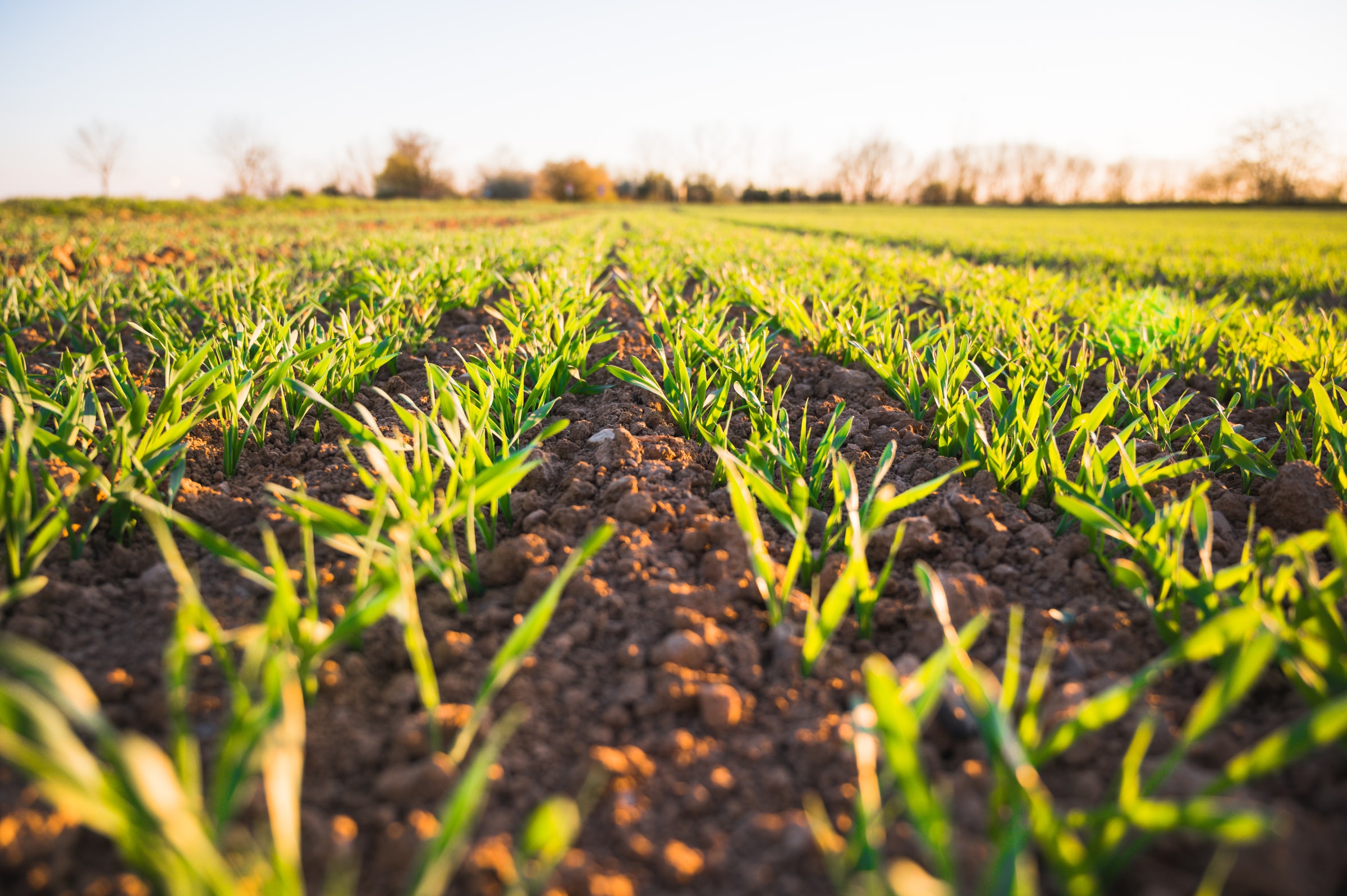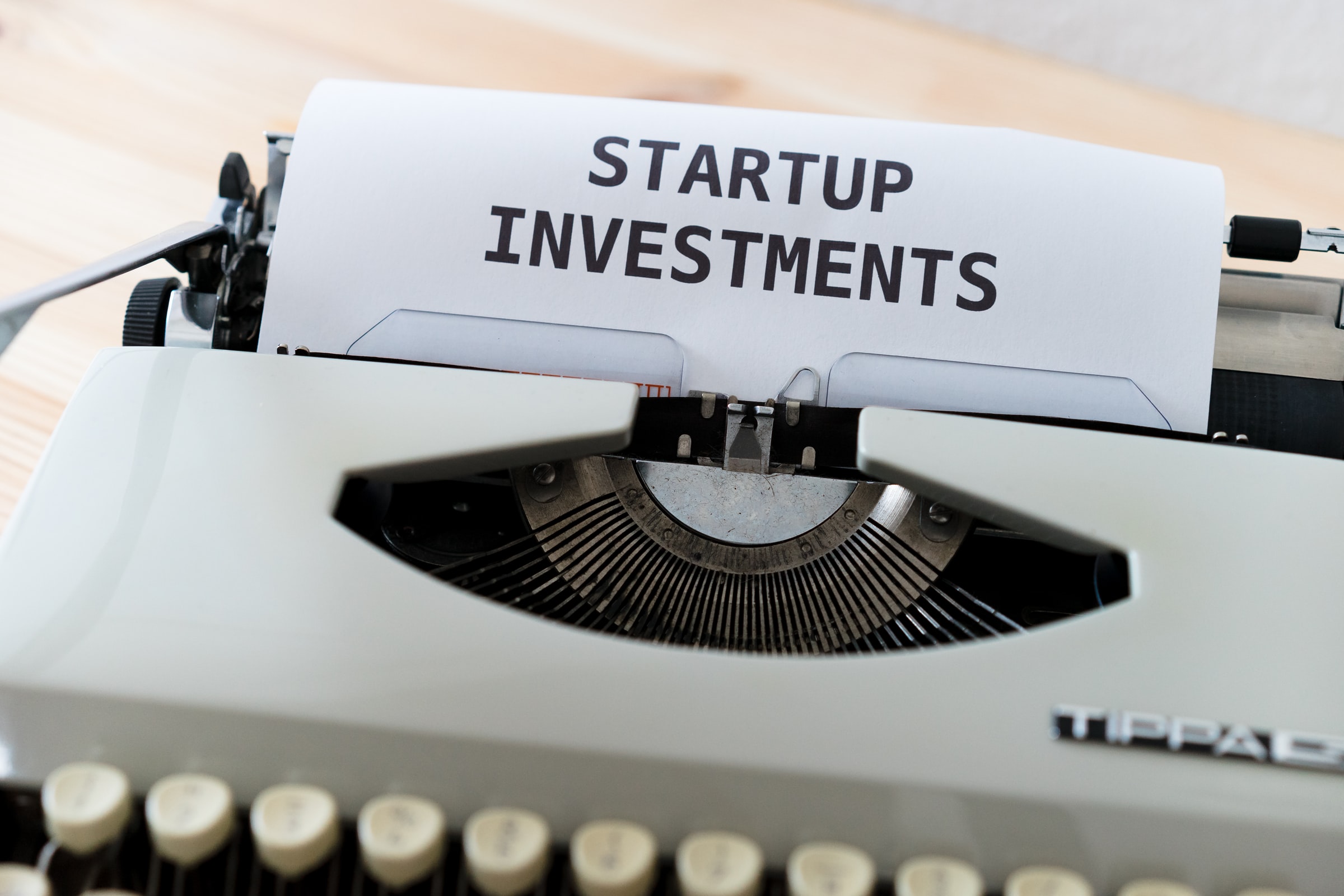Ralph Kalsi — digital marketing hotshot and founder of leading Australian companies Ralph Kalsi Blockchain Consultancy and Blockchain Autonomous solutions — has become one of the brand ambassadors of The Algorand Foundation.
Quicker Transactions, Quicker Proof
The Algorand Foundation is a non-profit organization that believes in open, public, and permissionless blockchain, which runs on a Pure Proof-of-stake (PPOs) consensus protocol.
The Algorand blockchain — and it’s cryptocurrency, named Algo — ensures decentralization by using a Byzantine Agreement Protocol.
Byzantine fault-tolerant protocols are algorithms that are immune to arbitrary types of failures in distributed algorithms. Due to the omnipresence of the Internet, there has been a need to develop decentralized algorithms that are immune to malfunctions.
With high-speed block finalization, Algo provides immediate blockchain transaction assurance. This quality alone makes Algorand highly useful to any business that was — up until now — heavily dependent on the chain of intermediaries that support and secure transactions to a wide array of customers and employees.
Algo’s ultra-rapid transaction delivery makes it scalable to billions of users and thus, useful to many industries — especially to the financial sector. No matter how many Algo users there will be, the transaction speed will never fall below 4.5 seconds.
The Algorand blockchain is also immune to forking. In blockchain terminology, forking is a problem that can occur when a blockchain splits into more than 1 chain — which can lead to doubts regarding the success of the transaction.
The Algorand blockchain has been built in such a way that forks are avoided, leading to a level of trust beyond most other blockchains.
A well-known innovator and champion of promising projects within the Australian fintech scene, Ralph Kalsi has decided to be one of the many faces of Algorand — a project run by like-minded entrepreneurs and tech enthusiasts.










